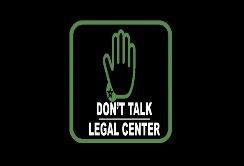Zero Tolerance
What does Zero Tolerance mean?
Zero tolerance is legislation states have enacted which affects drivers under the age of 21 years of age and outlines the amount of alcohol they can have in their system when operating a motorized vehicle.
States have instituted different rules for young drivers. For instance, in the state of New York the Zero Tolerance law applies to a person under age 21 who operates a motor vehicle with a blood alcohol concentration (BAC) of .02% or more but not more than .07%. In the state of California the law applies to a young driver with a BAC of 0.01% or higher.
Drivers under the age of 21 who have operated a motorized vehicle with a blood alcohol concentration above the legal limit will be detained and asked to take a chemical test to determine their blood alcohol level (BAC). This test is usually performed at the police station. Drivers who refuse the chemical test may have their license revoked for up to one year.
Drivers who take the test and have an illegal BAC may request a DMV hearing to challenge their arrest and suspension. At the hearing the state must prove the driver was the person who operated the motor vehicle, the officer made a valid request to them to submit to a chemical test, the driver was less than 21 years of age at the time of the arrest, the chemical test was properly administered, the test showed they had consumed more alcohol than was allowed under their states' zero tolerance laws, and the officer made a lawful stop of the vehicle. If the driver loses at their hearing they will have their license suspended. This administrative penalty is separate from additional criminal charges which may be filed by the state.






